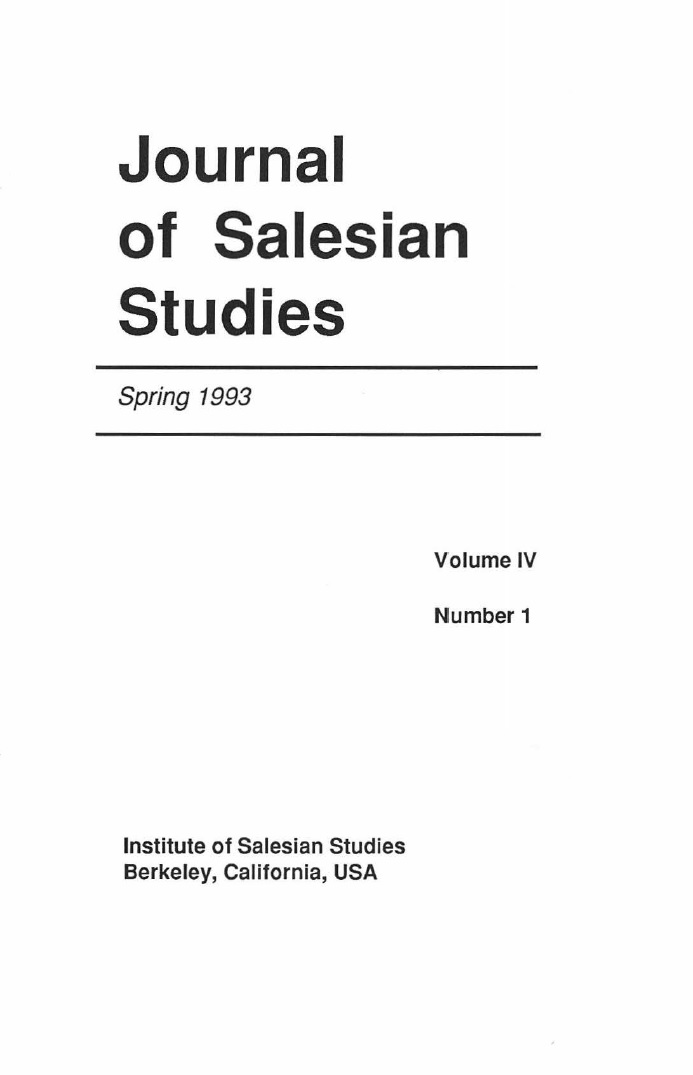Don Bosco’s biographer, Father John Baptist Lemoyne, notes that most of the boys who attended Don Bosco’s evening classes were hard-working young apprentices or youths who worked wherever they could find a job.
Living virtually from hand to mouth, survival not education was their primary concern. Lemoyne echoes this when he writes: “Having to work for a living and, therefore unable to attend school, they would otherwise have remained illiterate and deprived of even the most elementary kind of education.” The evening classes that Don Bosco organized for these neglected boys gave them the only chance they had to break the chains of illiteracy that would otherwise have bound them to lives of poverty and pauperism.
Reference time period: 1844 – 1862
M. Ribotta, “Training boys to earn a living: the beginnings of vocational education at the oratory” in «Journal of Salesian Studies», 4 (1993), 1, 61-86.
Reference institution:
Institute of Salesian Studies
